A friend of the family, a courier clerk, whose ancestors, negotiators, once arrived in Russia for a shipment of and, on their way back, got stuck forever in the impassable mud somewhere between and , and whose portrait in the , . When the latter, in the words of the first, reaches the , the public servant advises the young man to follow in his footsteps and through his protection makes it possible for him to enroll in the courier institute. The fate of the artist had been decided. . Particularly during parades and reviews. Particularly equine ones. In those moments, he would become twice as energetic and proud. In contrast, the physiognomies of the remaining riders were mediocre; the ears of many, seemingly in order to catch the clatter of the hooves better, were hopelessly sticking out. From the windows of the classroom every hour—a river cesspool, and often the enthusiastic youngster dares to sail on it in a monstrous . How obtrusively paper and slime drag after the blades of oars! ; when he grows up, he will appear in the of his life as a master cook in the cooking joint slippery from grease. Methodical stirring with a ladle and whirling of foul-smelling slop will suddenly vividly resemble the pictures from the carefree past, from the period of lonely boat races with himself—feverish and frail—when in the morning, the mugs of the neighboring buildings, yawning in the dirty-yellow hospital dankness of the outskirts’ , make you feel faint and when that—true, pockmarked, and rotten-toothed—girl behind the plywood partition, setting out to her , snivels about her school-writing accessories that scattered all over the floor, and sings without a tune and without end: —eleven years old, harelipped, conceived in a drunken stupor—and you, at the dawn of your deprived youth, are waking up, covered with peels and petals of whitewash dropping from the ceiling, you’re waking up, trying to understand: , while mother rustles with a newspaper, swooshes with her coat, scratches with the key, and goes out to become an accountant in the named after the politician , where the heck did you put the ledger? And meanwhile, dashing military instructor in , having beforehand dressed the chair in an impeccably ironed , walked among the courier machines typical for the years of the campaign. He was arriving bright-faced, , with , ashen bulging eyes. . He walked with narrow, laden steps, and, dropping morsels of , announced that . War. The air is gray, listless, and serene. Rain fell a day before; the sleepy front-line plants are slowly stripping. And when the gunfire calms down, one can hear how the stiff and heavy leaves of the in the grove fall, nose-diving, and the chatter in the same grove on the hill, marked on as . Besides that, one can hear that in the someone is sawing with a saw and someone is screeching on a . And in the trenches and ditches of the enemy, beyond the tangled, terribly corroded barbed wires, beyond the small pile of motley, multinational, bare-toothed, and barefooted corpses, , whistle the annoying . In one word, toward winter the view from the classroom’s window becomes too repetitive. And it is apparent that the more you study it, the more static it gets. And does not every that is hurrying somewhere resemble ? , reach something close by, whatever it could be. A survey of the late fall. Occupation—a passerby. . The length of employment in the given field—eternity. The situation is not better with the other moving objects—they are not moving, making everything questionable. The lasts unacceptably long. They soar above the ribbed, dark maroon roofs, barely waving their wings. . Naturally, the sound is flowing as if the completely lost its breath. Let it be so. The same about movement of every kind; more precisely—non-movement, about the static character of the entire in the City: Let it be so. Literature lessons were going on. The of the teacher, on which, like a pair of used-up , descended the socks, were unusually worn out, they were wrecked. It seemed , an enthusiastic pilgrim, a , and perhaps even the very , , and who admitted his mistake but still got what he deserved. And yet, as for the static character of the winter’s eve in the city: Let it be so. But unexpectedly on the screen of the window unfolded the black-and-white silent movie of and if the street until now has not offered to the downcast eyes any energetic subjects, be so kind and find them, display them, imagine them for yourself, and project them on the screen without delay. Here are for you newspaper boys in once-fashionable plaid , shouting out sensational headlines. Much obliged, but you are not taking into account that sensations have been officially banned, these boys have retired, and the newspapers are sold only in kiosks. In that case, show the former boys that now turned into a living embodiment of untreatable illnesses, and as far as sensations— because of the lack of the present ones—collect yesterday’s. Here they are, the little devils, rushing down the bridge along the , trying to peddle to the encountered the so-called fresh issues. By the way, rushing is a strong word; however, in comparison with the , they are almost rushing. And notice that some of them are , and one had already been dressed for : The had been placed on runners, and the co-workers of the deceased are dragging it over the . How do you find their faces? They are worn out. Did time have no mercy on them? Absolutely not. Well, and their souls? Alas, t, simply not worth a broken . The march of gloomy subjects with the fangs yellow from in their wrinkled mouths, carrying under their arms bundles of sheets yellowed by spite and false accusations, , was making the mercantile move along the route of the . The so-called were swarming above the peddlers, blinding them, tickling their blackhead-covered, overripe noses, and . The distributors kept tripping on the bumpy ground, falling, struggling, spilling their cargo, and, to collect it, crawling on all fours with a guilty look. After all, they were very heavy, these dirt-cheap bundles. But perhaps they were not newspapers at all, perhaps the retirees carried for sale histories of their illnesses—such heavy ones—of such serious ones? No, no, these were exactly newspapers——such heavy ones—of such serious ones, and the histories of their own illnesses the paper boys carried inside; they were themselves histories of these diseases. After sliding down to the bottom, they undertook the new ascent and slid again—: What fun! And now . Fine, catch it! First, whizzing and moaning, asthmatic cough, shuffling of , clearing of throats, sobbing, etc. After that, someone who lost something yells: So where is my something? In response—silence, everybody is too busy, everybody is captivated by the process of movement; it is a procession. The procedure of dragging the improvised —the sounds of the dragging. A shout: Fresh news! A scream: ! Then all at once, but different things: ! ! ! ! Panting with pneumatic braking mechanisms, the streetcar catches up with and passes the , and the bustling mumble of the twelve pairs of wheels, even though its sounds are muted by the snow flurries, deafens this dissonant roar. Finally, the last car showed the veterans its oval-shaped cockroach butt, with a protruding and swinging sausage of the , , walking in agronomist’s -wide steps, and with behind the dull round windows of the car’s vestibule. The clock above the was attesting to the —the spades trumped one o’clock and made a lead to two. Night visited Japan, and of , having shouted enough “Ha,” wallowed on their . , dictated . The pens worked diligently. condemned the students to courier life, and in front of them were . It was getting light. In the cows had not been milked yet, in the had not cried out yet, but in the hunting cottage of the , revelers were still drinking . Having finished prattling about the courtesans and balls, they stumbled out with their goblets on the balcony and, grabbing the horn from each other’s hands, bellowed to the stars a complaint of the young bull killed at the . Afterward, they shot into the air: The shots were heard as far as . The there were nervous and barked from time to time; the guards kept shuddering and waking up. in and with night lamps in their hands gossiped in the galleries: Oh, , when will he finally settle down— , but behaves like . . The weapon is brought out. Its butt is richly inlaid. The host puts it in the hands of one of the participants: Give it a try, . A failure befalls the ; he is unable to drink even a half. The barrel is refilled and, to the accompaniment of the hunters’ laughter, given to the next of them. He also suffers a fiasco. The is moving in a circle and the circle, finally, closes—only has not yet tested his skill. Frenchmen, he says, your benevolent Ludovic is hastening to your rescue. Right now he will empty the vessel, although in a manner completely different than yours—just watch. The monarch plugs the barrel with a cork and pours some Dutch powder on the flashpan. Deathly pallor covers the faces of those present. Your—they scream in terror, moving to the sides; the king shoots (the explodes) and falls down; everybody anxiously runs to the outstretched body— Highness! , his wonderful visage, painted hundreds of times by European masters, is disfigured and the snowwhite masquerade costume—completely bespattered. Ah, my little boy, whispers the queen who woke up for a moment in her boudoir from the distant gunshot that reminded her of a pop of a carnival popgun, my sweet mischief-maker. The white curls of the beautiful hair of Her Majesty are spread over her high-piled pillows; she is having a sad dream: A brazen with the physiognomy of , whom she despises, rapturously caresses her in the shadow of the next to the baths. Having accomplished the evil deed, the lascivious game vanishes in the thicket. Shame and disgust seize the queen. She has a feeling that some of the wardens that were hiding in the gazebo and were the clandestine witnesses of the indecent scene, would want to make fun of her most . It was getting light. The investigator for special cases, , , wore a convertible and a field bag across his shoulder. In the bag—standard document blanks, a tightly rolled-up saber sheath, a pocket flashlight, a measuring tape, a magnifying glass, a fountain pen, a detailed map of the area, and an eyeglass holder, in which, beneath the lining, lies a photograph of the female worker of the local public library that holds in its collection about a hundred grayish volumes. . Supper, , clouds of smoke. Tobacco is moist and has a combined aftertaste of cologne and kerosene—a result of carelessness of those responsible for packaging, storing, and shipping. Eyes are drawn to scrambled eggs with sausage, , and a can of very salty . One can distinguish the month of the catch and the day of salting, one can also read the Turkic signature of the controller. Among furniture, besides chairs and a table, there is a , narrow and uncomfortable in every respect. And a simple sideboard—made of walnut. On the shelves—a few plates and saucers and a few slightly moldy pieces of bread. One can also notice there a container with office glue—to seal the windows. Cut the paper strips from the newspaper margins, and glue them on before the first frosts. The view from one of the windows reveals a wooden shed, full of cracks; the view from the other—the same shed. In summer, when the window frames are wide open, there is a smell of and , the aroma of chopped wood, and the sounds of a shaded side street—a fly, a moped, a , and the steps of a resident. Being a representative of the office of the prosecutor, lies down around ten. He reads in bed a journal published in the capital, not shirking verses and poems, and frequently reciting from memory what sank in, what he remembers. Particularly—. Moreover, he imagines as a large wooden town on a hill in the middle of a spacious parched pasture. Across the field, orange-tinted like a pumpkin, under the pleasant sky of a not very warm midday, rolls the with crude made from forged iron. , leans out and, gently holding his with his hand, engages in recollections: . is getting closer and the golden cupolas keep gleaming. In case of a trip beyond the boundaries of the district, especially if in the pearly dampness of the mist, brightly glowing, soars a trace of a strange deceit, or it is just cold, he puts on a wind-shielding and a of solid construction. Having spent the night, he gives an order to harness the horses, and right away. Clinking is heard, it is Eh, I will give you a ride over the bumps, , winks from the driver’s bench. —the road is not blacktopped. On the right, one and a half or maybe even more away—there is a river. Beyond the river—a village with many bathhouses and boats on the shore. The church is fully reflected. Reflected are also the , swarming around the belfry like black pieces of fabric cut by a tailor and lifted up by the . The given village, if one were to trust the maps, has . One can hear in it the whirring movement of a mill’s grinding wheel; it seems to wave from afar the of its wings, not aware of their other, lofty purpose. One can also hear the sounds of loading; tapping with their and grunting on the entire middle of August, some laborers are carrying whitish five- bundles and order the one standing on the wagon: Here, grab them! He truly scrambles. In addition, in the given name glimmers the speech impairment of the helper, a dimwit and , who, answering your question—What village is this?—says nothing, only keeps sucking a lollipop on a stick and, as if nothing happened, turns into ice your visiting soul with . For a musical ear, our name reverberates with the entire symphony; after all, one can also discover in it the voice of the miller himself who, having heard the above-mentioned conversation, hurries to provide assistance—if we can only say such a thing about a person who barely walks, —hurries to assist the one with the speech impairment. But the himself also seems to have stuffed his mouth with something—most likely with some millstones, because the grains of his words are pouring on the traveler with the of noise. And it does not help that in a moment the hallowed name will flash in the fog: To determine clearly—is it —there is not enough perspicacity.
Друг семьи, разъездной чиновник, чьи предки, , когда-то в Россию за партией и, возвращаясь, навечно застряли в грязи где-то меж и и чей портрет в , . Когда последний, по выражению первого, входит , чиновник рекомендует юноше по своим стопам и составляет ему протекцию для поступления в . Судьба художника была решена. . Особенно в ходе парадов и смотров. Особенно конных. Когда становился вдвойне энергичен и горделив. Физиономии же остальных наездников были посредственны, уши у многих, словно бы для того, чтобы лучше цокот копыт, безнадежно оттопыривались. Из окон класса всякий час — река-клоака, и зачастую восторженный по ней на монструозном . Как неотвязно за лопастями весел тянется и бумага, и тина! , вырастет — очнется в бытия скользкой от сала . Методическое помешивание , скверно пахнущих вдруг живо напомнят картины беспечной давности, пору лодочных одиночных гонок с самим собой — воспаленным, , когда по утрам окрестных строений обморочно в грязно-желтой больничной мокроте окраинных и та — верно, рябая и гнилозубая — девочка за фанерною перепонкой, собираясь в свои , над рассыпавшимися по полу школьно-письменными принадлежностями и безмотивно и нескончаемо — : одиннадцатилетняя, заячьегубая, пьянозачатая, — а ты на заре своей бедной юности просыпаешься, обсыпанный и лепестками , отлетевшими от потолка, просыпаешься, стараясь понять: , а мать шелестит газетой, шуршит плащом, хрустит замком и уходит в бухгалтеры в имени политика , куда вы задевали ? Между тем среди разъездных механизмов образца батальных годов шагал лихой в подтяжках, предупредительно облачив стул в добросовестно отутюженный . Прибывал доброутренний, , с , пепловатых навыкате глаз. Портрет военрука. Шагал нешироко, оловянно и, морося , доносил, что Сомме. Война. Воздух сер, равнодушен, недвижим. Дождь перепал накануне, сонные прифронтовые растения медленно обнажаются. И когда стрельба затихает, слышно, как слетают, пикируя, по-жестяному тяжелые листья дуба в , и в той же дуброве на высоте, обозначенной на отметкою . Кроме того, слышно, как на кто-то пилит пилою, а некто иной на концертино. А в траншеях и сапах противника, за спутанными, ужасно окислившимися и колючими проволоками, за кучей-малой разношерстных, разноплеменных ощерившихся и босых мертвяков, , высвистывают надоедный , . Словом, к зиме вид из окна класса делается слишком однообразен. И разве не очевидно, что он тем статичнее, чем более изучаешь его. И не всяк ли спешащий путем своим подобен: , достичь ближайшего чего-то, чего бы то ни. Анкета глубокой осени. Стаж работы по специальности — вечность. Не лучше получается и с другими принципиально способными перемещаться объектами — они не перемещаются, убеждая сомневаться во всем. Непозволительно затягивается . Над ребристыми мутно-бордовыми кровлями парят они, чуть пошевеливая крылами. . Естественно, что звук плывет, как если бы напрочь выдохся. Пусть. То же относительно всякого рода движения, а верней — недвижения, относительно статичности всего Городского : пусть. Шли уроки словесности. этого преподавателя, на которые парой использованных нисползали носки, были на редкость изношены, были разбиты. , , пилигрима, , а то и самого , — раскаявшегося, но получившего-таки . Но относительно статичности городского предзимья — пусть. Но неожиданно на экране окна пошло черно-белое немое кино , и если улица до сих пор не дарит унылому взору энергичных субъектов, благоволите найти их, представить, вообразить самому себе и не мешкая спроецировать на экран. в модных клетчатых кепи мальчишек-газетчиков, сенсационные . Благодарю вас, но вы не учитываете, что сенсации официально отменены, те мальчишки ушли на покой и газеты продаются только в киосках. Значит, следует показать бывших мальчиков, ставших живым воплощением неизлечимых , а сенсаций — за неимением нынешних — набрать вчерашних. Вон они, , по мосту вдоль , пытаясь встречным так называемые свежие номера. Впрочем, — сказано сильно; однако в сравненьи с даже и . Обратите внимание, некоторые , а одного уже : поставили на полозья и сослуживцы влекут ее по свежей . Как вы находите эти лица? Они . Неужели время не пощадило их? . Так-, а души? Увы, , просто . Марш угрюмых субъектов с желтыми от в морщинистых ртах, с пачками пожелтевших от злости и лживых нападок листков под мышками, , совершал продажный ход по маршруту . Так называемые роились над , слепили их, щекотали им угреватые, переспелые их носы и, . Распространители спотыкались о земные неровности, падали, , рассыпали несомое и, чтобы собрать, ползали виновато. Все-таки они были очень тяжелые, те грошовые кипы. Но может, то были совсем не газеты, может, пенсионеры вынесли на продажу истории своих болезней — такие тяжелые — таких тяжелых? Нет-нет, то были как раз газеты — — такие тяжелые — таких тяжелых, а истории собственных болезней газетчики носили в себе, сами являясь историями этих заболеваний. . Съехав к подножью, предпринимали новое восхождение и снова съезжали — : ! . Забирайте. Сначала хрипы и стоны, астматический кашель, шарканье обуви, харканье, всхлипыванья и т. п. После кто-нибудь что-нибудь потерявший : да где же мое что-нибудь! Ответом — безмолвие, всем , каждый увлечен процессом — процессия. Процедура влачения импровизированного — звуки влачения. Крик: свежие новости! Клик: ! Затем , но разное: ! ! ! ! Сопение пневматических тормозных устройств — трамвай нагоняет и обгоняет , и хлопотное лопотанье двенадцати пар колес, хоть и звучащее под сурдину снегопада, глушит этот нестройный . Наконец последний вагон показал ветеранам овальный тараканий зад с торчащей и ворочающейся колбаской , с буквой А, шагающей , и за мутными бычьими пленками тамбур-площадки. Часы над свидетельствовали наиболее — пики откозыряли час и зашли под второй. Японию навестила ночь, и каратисты , , на своих достославных та́тами. , диктовал . старались. приговорили учащихся к разъездной жизни, и впереди у них было. Светало. Еще в не доили коров, еще в не кричал , а на охотничьей мызе все еще пили . Наболтавшись о куртизанках, балах, с кубками вываливались на балкон и, вырывая друг у друга рожок, мычали звездам жалобу молодого быка, заколотого на . Потом стреляли на воздух: выстрелы были слышны даже в . там беспокоились, полаивали, стража вздрагивала и просыпалась. в и с ночниками в руках сплетничали на галереях: о , когда он только остепенится — , а ведет себя, как . . Выносят. Приклад инкрустирован. Хозяин передает оружие одному из участников: отведайте, . Графа постигает неудача: он не в состоянии выпить и половины. Ствол пополняется и под хохот охотников вручается следующему из них. Он также терпит фиаско. идет по кругу, и он наконец замыкается — лишь не испытал еще своих сил. Французы, говорит он, ваш любезный Людовик спешит вам на выручку. Сейчас он осушит сосуд, хоть и совершенно иным способом, ваш, — следите. Монарх затыкает ствол бутылочной пробкой и насыпает на полку голландского пороху. Лица присутствующих покрывает смертельная бледность. Ваше, — в ужасе кричат они, расступаясь, король стреляет ( взрывается) и падает, все в волнении бросаются к распростертому телу, — Величество! его изумительный , сотни раз писанный европейскими мастерами, изуродован, а белоснежный маскарадный костюм — весь забрызган. Ах, мой мальчик, шепчет королева, на миг пробудившаяся у себя в будуаре от дальнего выстрела, напомнившего ей хлоп карнавальной хлопушки, милый мой . Белые локоны прекрасных волос Ее Величества разметались по высоким подушкам, ей снится печальное: дерзкий с физиономией ненавистного ей восхищенно ласкает ее под сенью возле купален. Совершив , похотливая дичь исчезает в чаще. Стыд и омерзение охватывают королеву. Ей мнится, что некоторые из егерей, скрывавшиеся в беседке и бывшие тайными свидетелями недостойной сцены, желали бы насмеяться над ее . Светало. Следователь по особым делам , , носил и полевую сумку через плечо. В сумке — стандартные бланки актов, плотно скрученная , карманный фонарь, , , , подробная карта местности и , где за подкладкой — фотографический снимок работницы местной , насчитывающей в своих фондах около ста сыроватых томов. . Ужин, , накурено. Табак влажен и носит смешанный привкус одеколона и керосина — следствие нерадивости тех, кто ответствен за упаковку, хранение и перевоз. В глаза кидается яичница с колбасой, , банка круто соленой. Различаешь число поимки, дату соления, читаешь и тюркскую подпись браковщика. Из мебели, помимо стульев, стола, — узкое, неудобное в любом отношении . Буфет орехов и прост. На полках — несколько тарелок и блюдец и несколько несколько кусочков хлеба. Виднеется и флакон конторского клею — заклеивать окна. Бумажные полоски нарезать из газетных полей, клеить до . Вид из одного окна — дровяной сарай, из другого — тот же сарай. Летом при распахнутых рамах — запах и , аромат разъятого дерева, звуки тенистого переулка — муха, мопед, , шаги обывателя. Будучи представителем , укладывается около десяти. Он читает в постели столичный журнал, не стихотворений, поэм и нередко по памяти декламирует то, что запало, запомнилось. В частности — , причем воображаются большим деревянным градом на горе, посреди просторной пожухлой . Через поле, оранжевое, как апельсин, под небом погожего, хоть и не слишком теплого полдня, катит с громоздкими , сработанными из кованого металла. , высовывается из оконца и, слегка придерживая цилиндр, предается воспоминаниям: . близятся, и золоченые купола так и блещут. В случае убытия за пределы уезда, особенно если в жемчужной влажности тумана мерцающе-светло парит смутность странного обмана, или холодно, надевает непродуваемую и основательного пошива. Переночевав, велит запрягать, да . , . Эх, прокачу по тряской, , подмигивает с облучка. , дорога не . Справа, в полутора, а то и более, — река. За — селенье со множеством бань и барок на берегу. Церковь вся отражается. Отражаются и , роящиеся вкруг колокольни, как черные, вознесенные портняжные лоскуты. Село , ежели довериться плану, имеет . В имени его чудится бухающий ход , оно как бы машет издали крыл, не иного, высочайшего своего предназначения. Тут услышишь и звуки погрузки; и крякая на всю середину августа, несут белесые пятиовые кули и командуют стоящему на подводе: ну, принимай! Тот и вправду кидается. Еще мерещится в настоящем названии косноязычие ова подручного, малоума и дылды, который на ваш вопрос — какое это село будет? — нисколько не возражает, но лишь сосет леденец на палочке да знай леденит вашу заезжую душу своим . Для музыкального уха название наше разражается целой симфонией, ведь обнаруживается в нем голос и самого , что, услышав приведенную здесь беседу, с готовностью поспешает — если только возможно так отозваться о том, кто едва ходит, будучи обременен , — спешит на косноязычному. Но мельник словно бы и сам себе что-то в рот — не иначе каких-нибудь жерновов, так как зерна его сыплются на путешественника шума. И что с того, что в тумане нет-нет да забрезжит сокровенное имя: разобраться — — недостает проницательности.
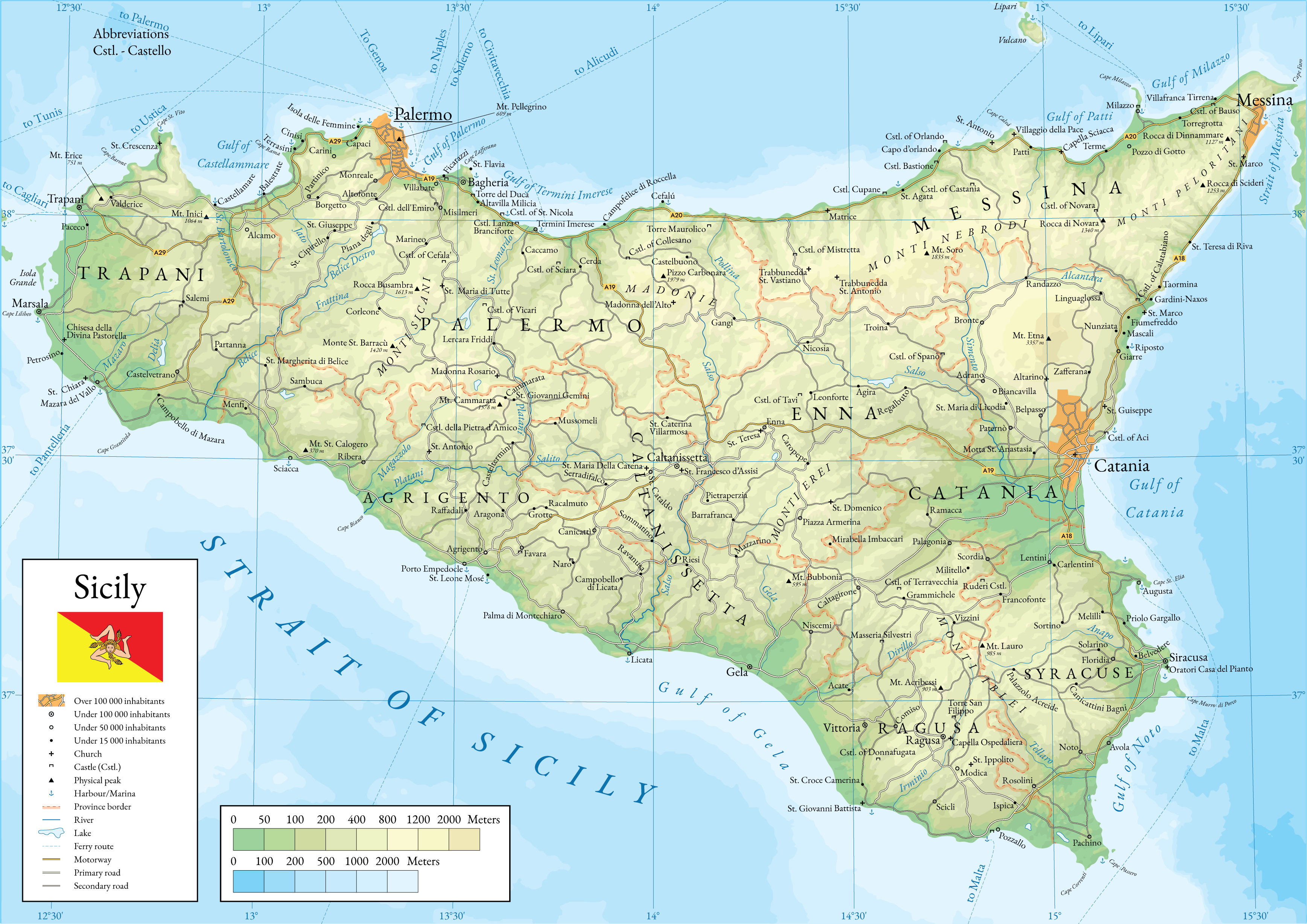

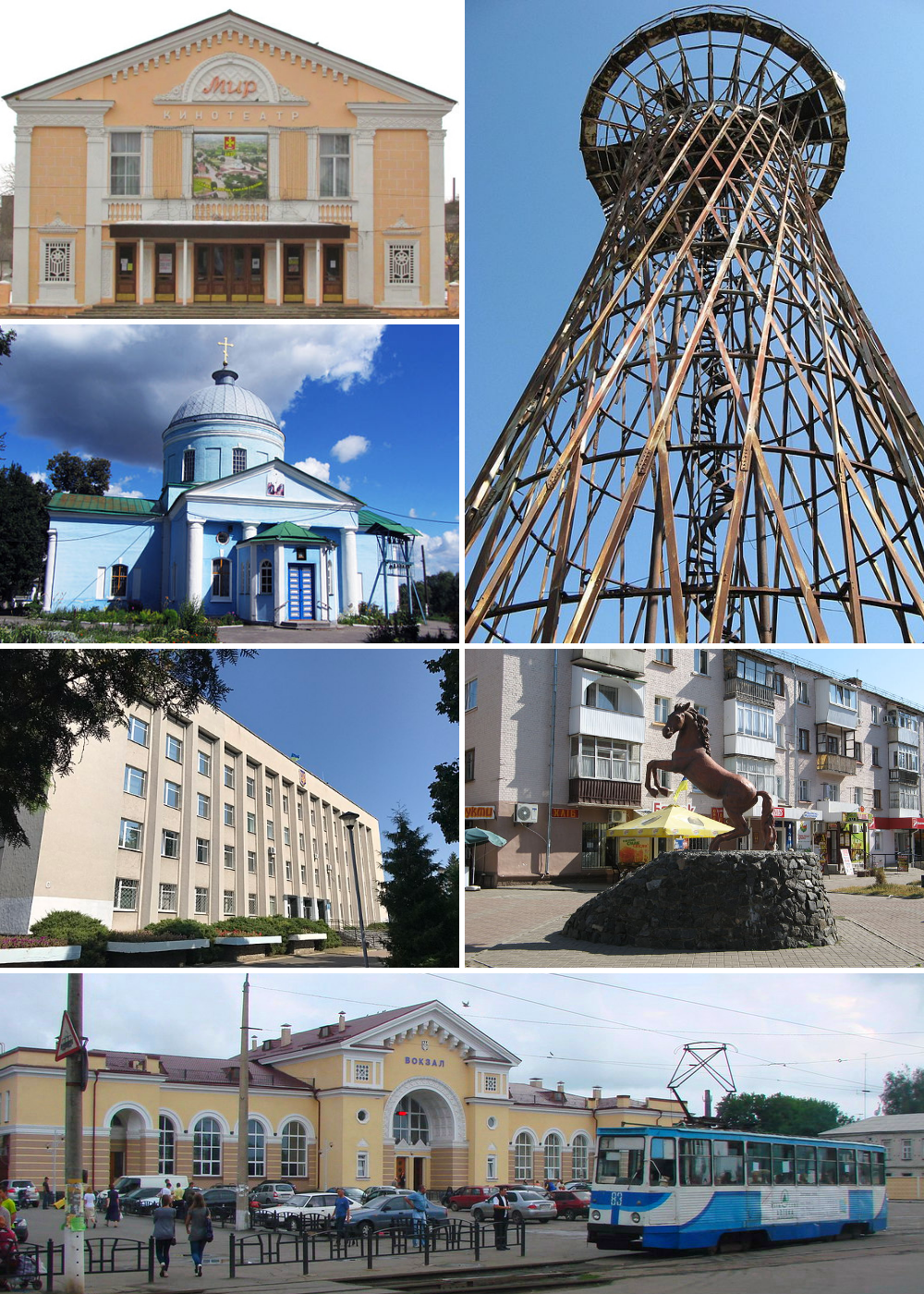
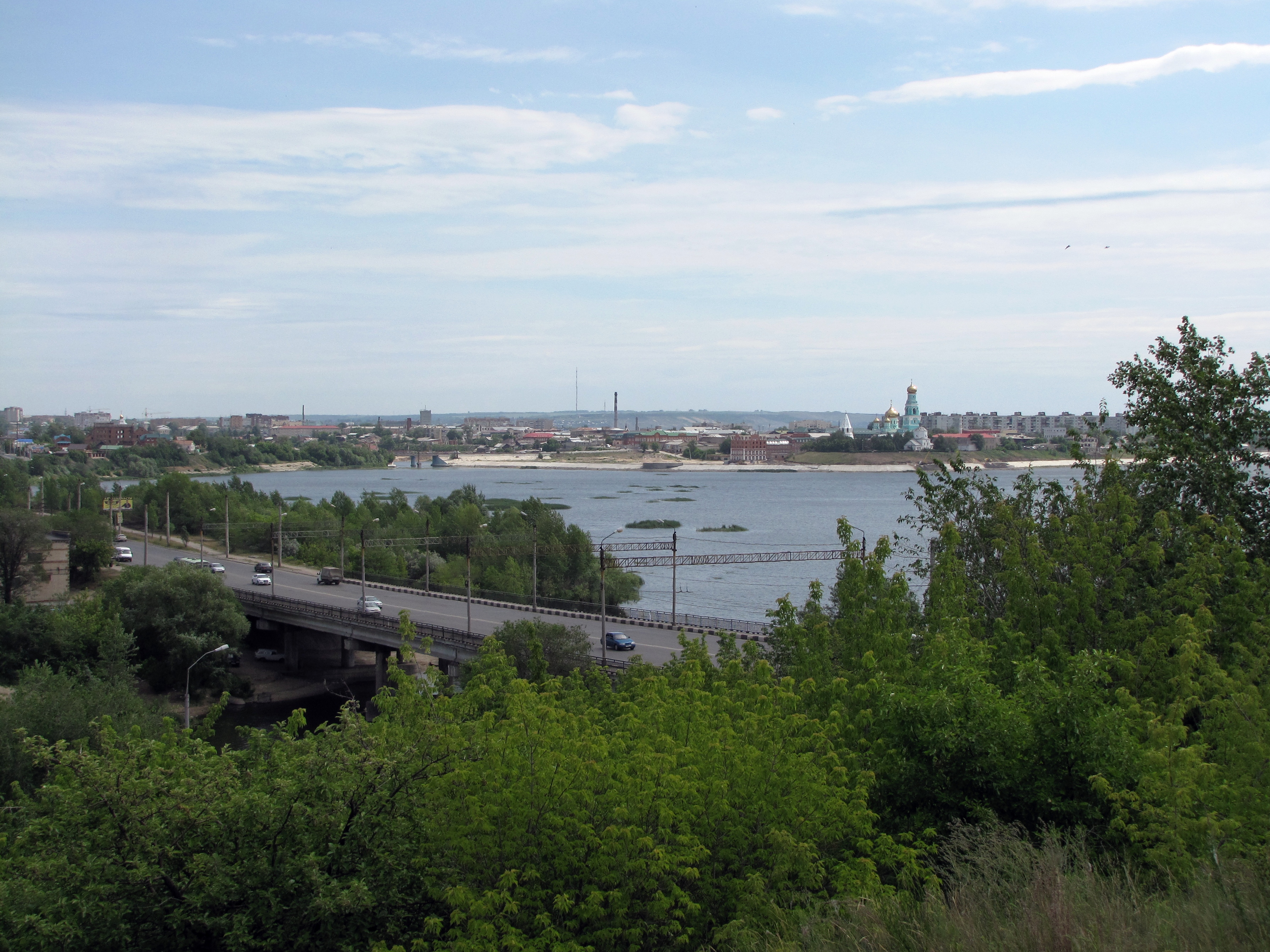





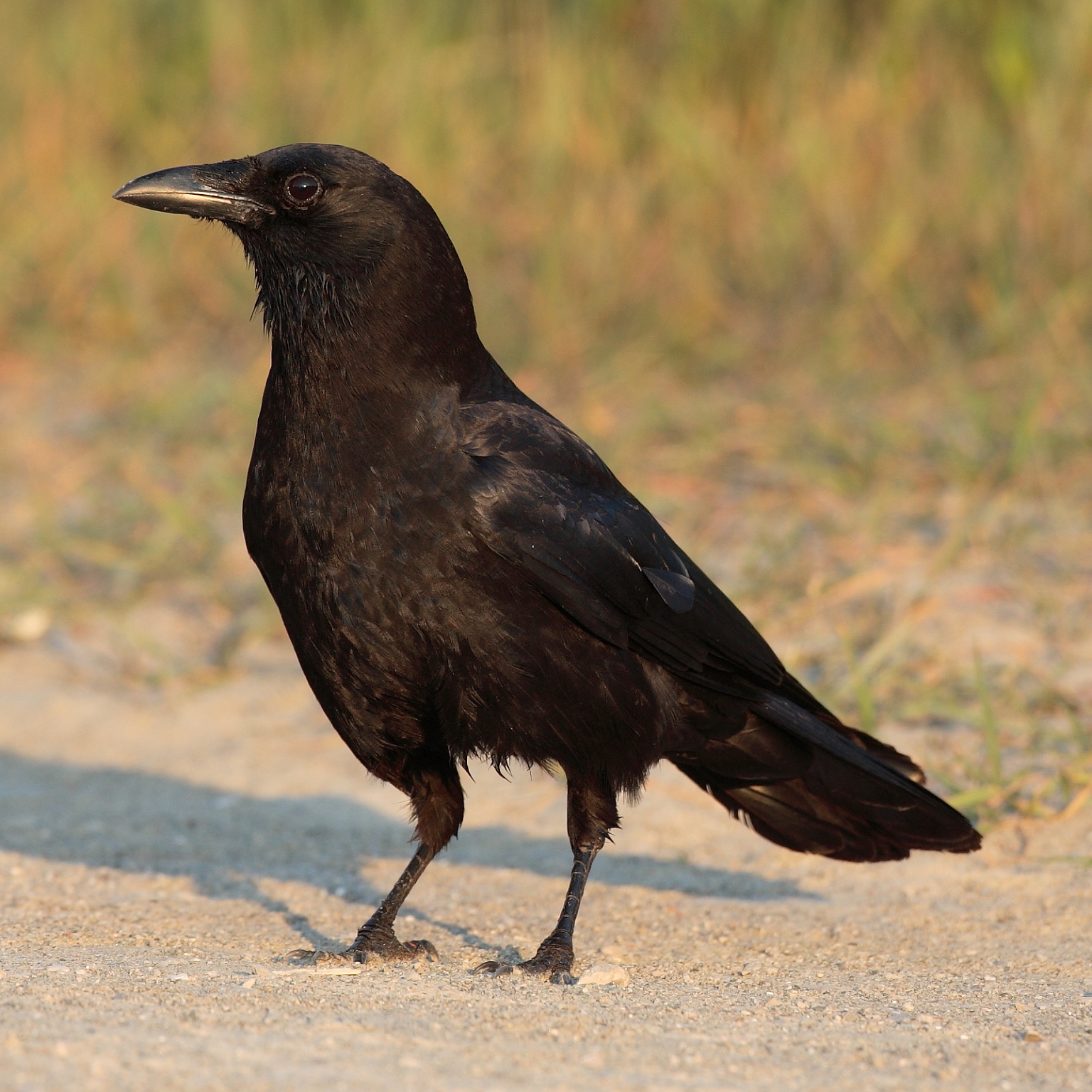


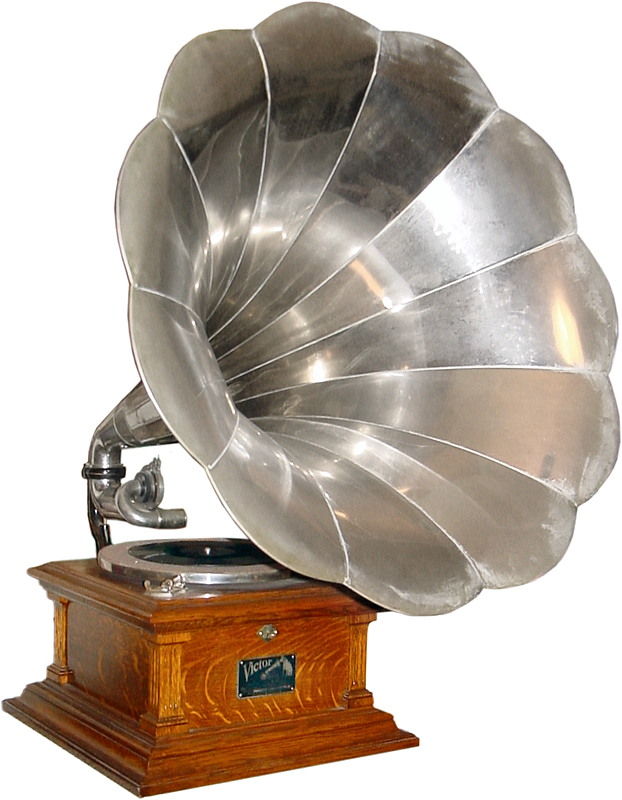
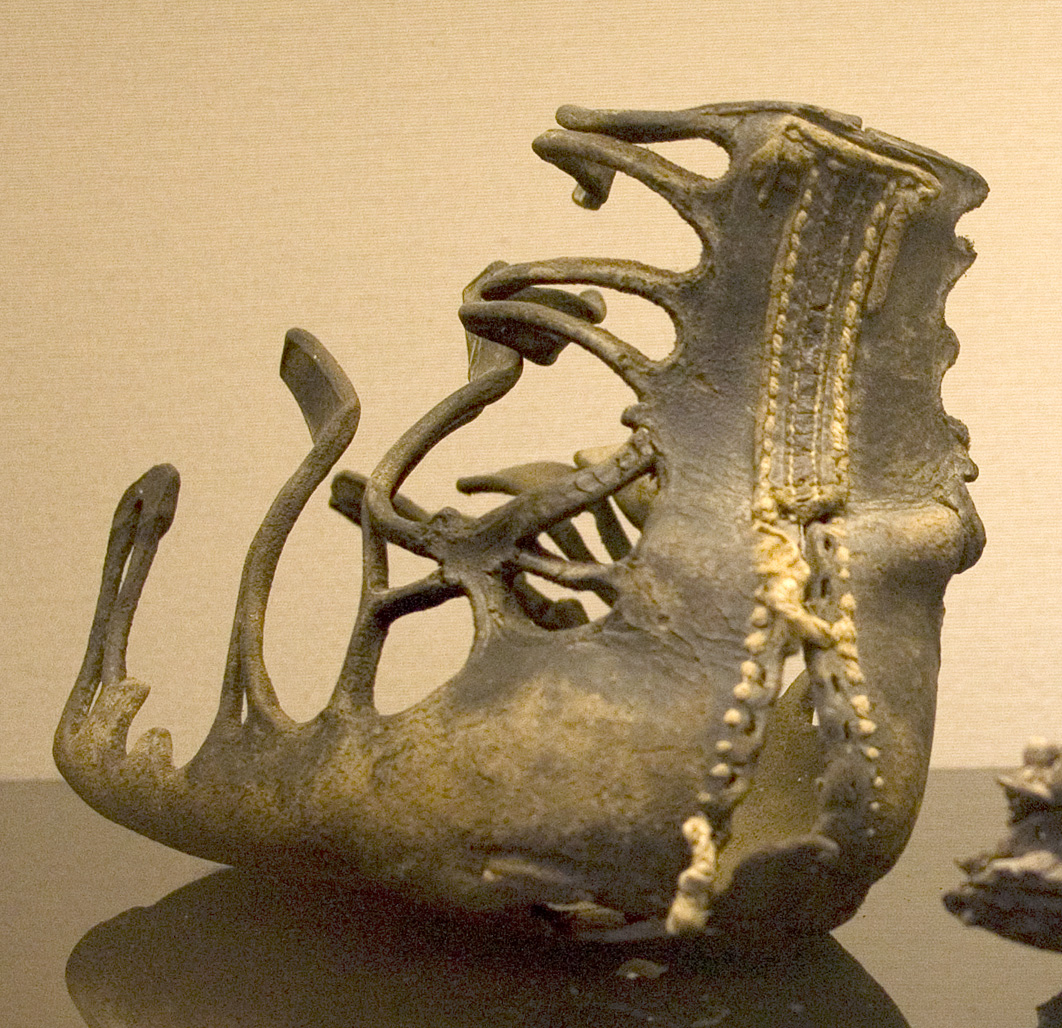







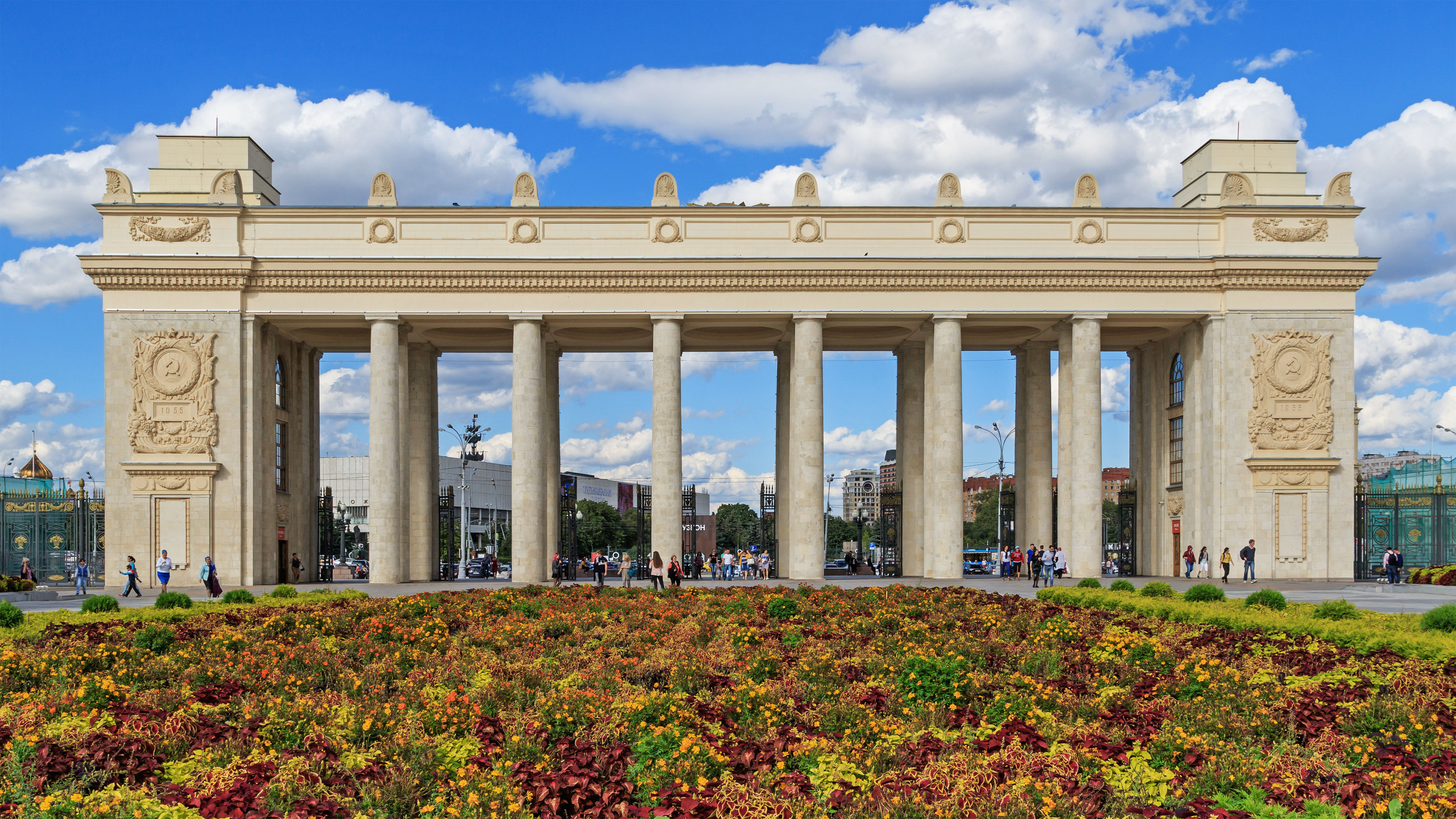








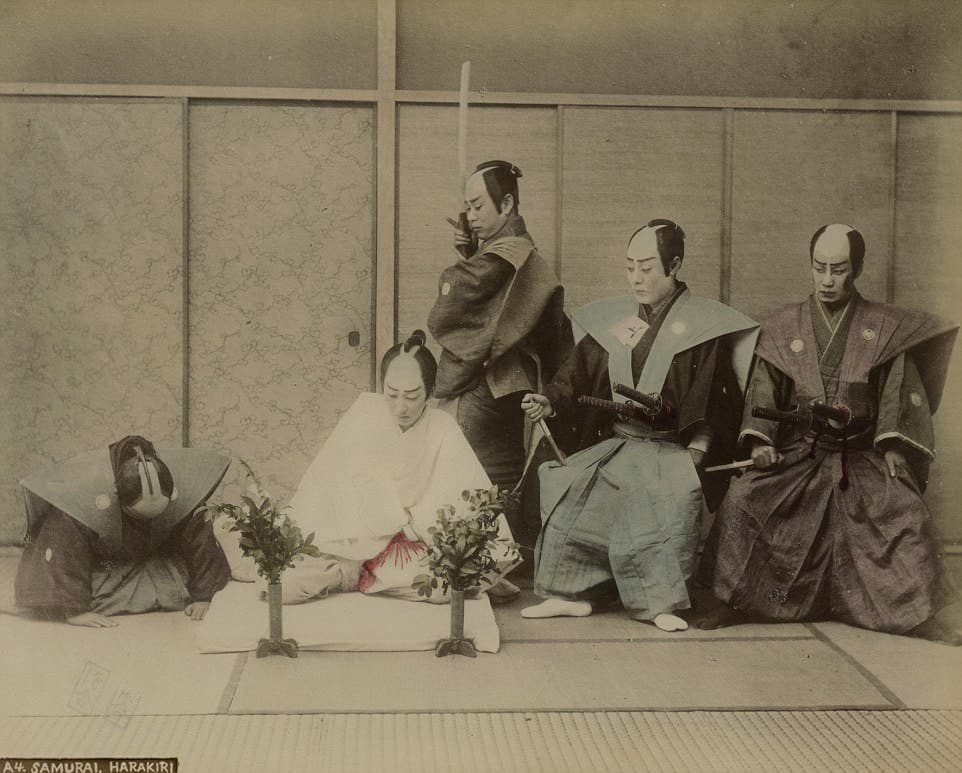




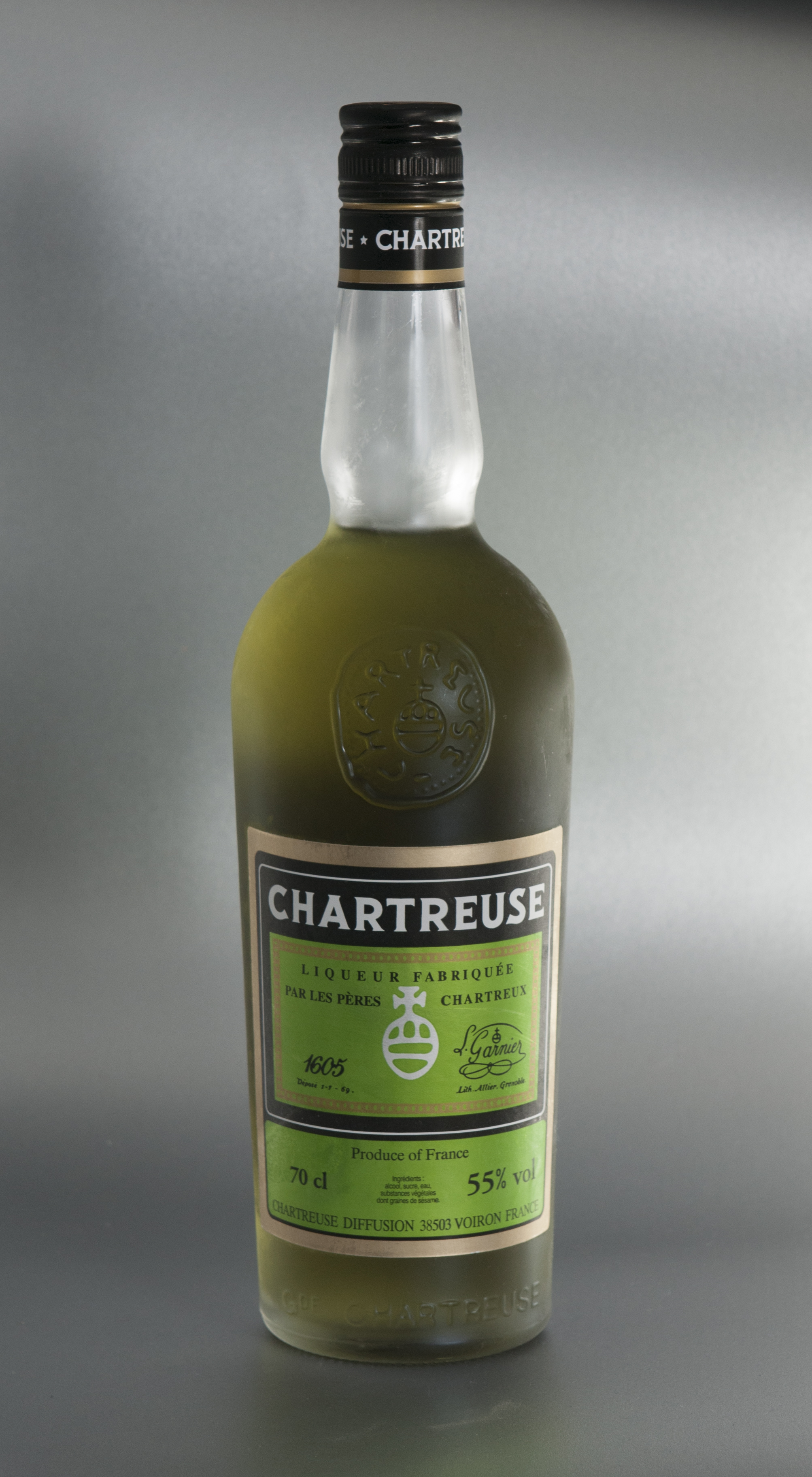







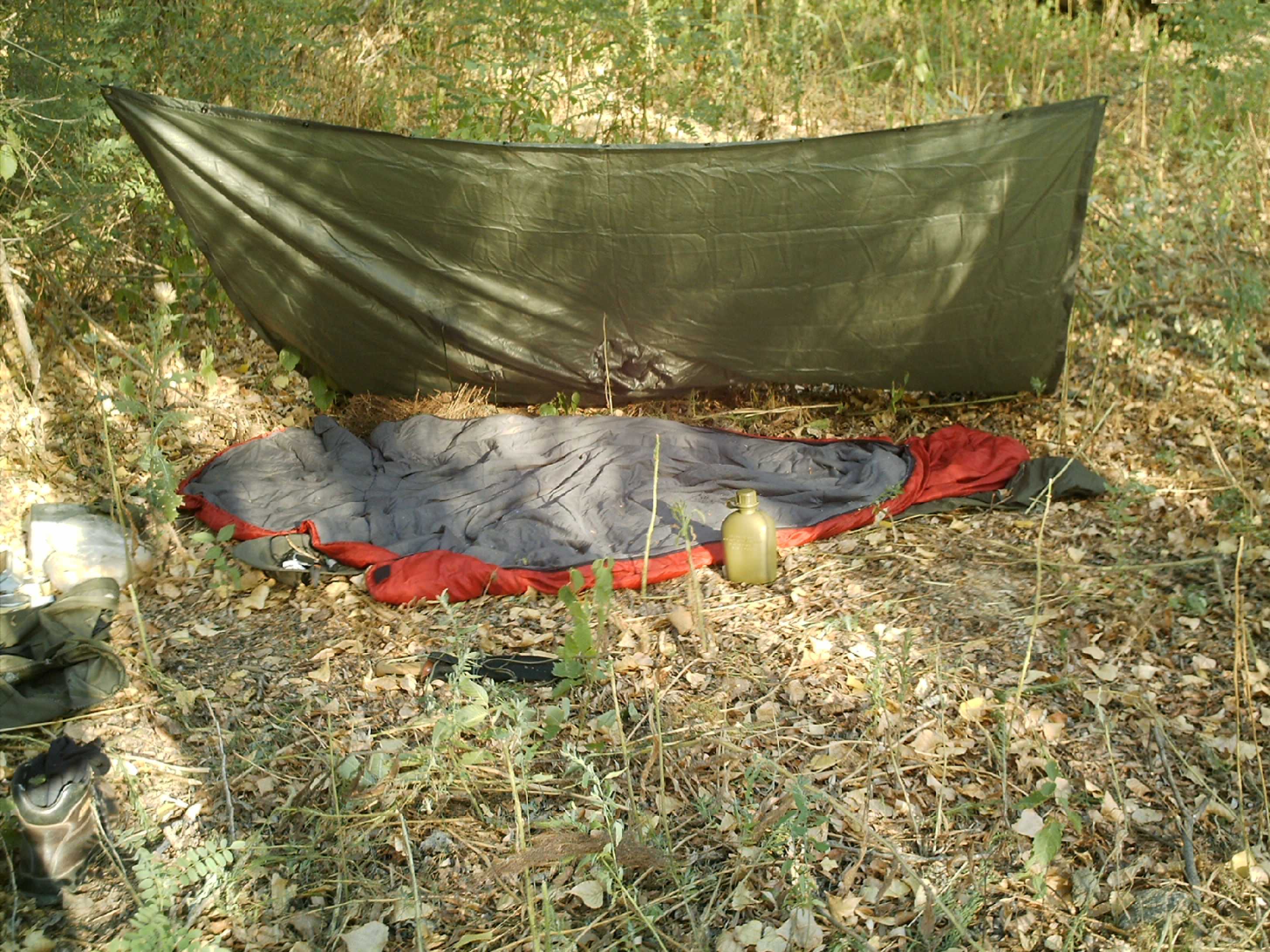
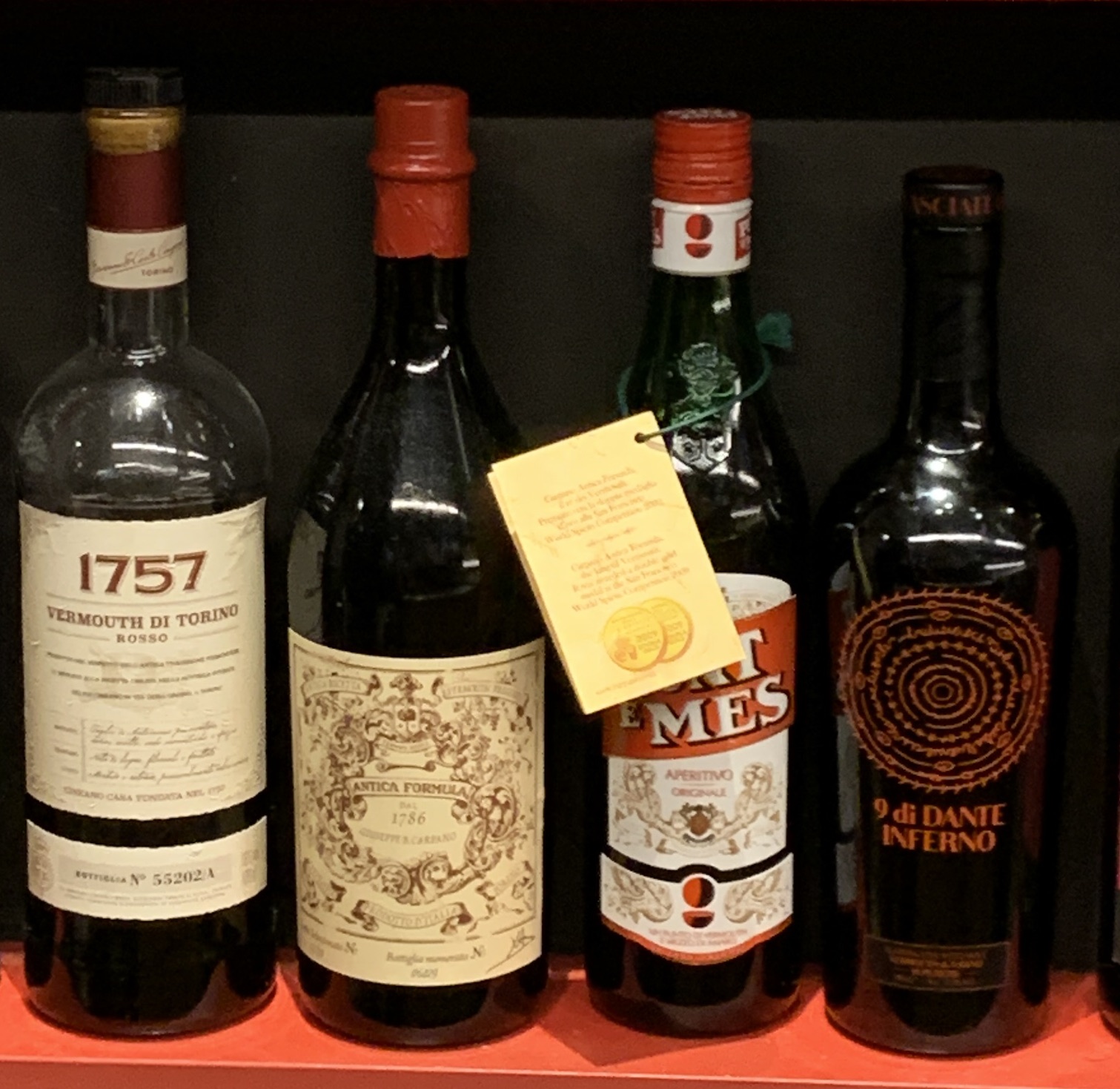













Despite its many oddities, Between Dog and Wolf features a strict, formal structure: eight prose chapters from the perspective of the itinerant grinder Ilya Zynzyrella; five prose chapters that concern the life and thoughts of the dog-keeper Yakov Palamakhterov; four chapters consisting of 36 poems written by Yakov; and a final chapter made up of a single, separate poem, again authored by Yakov. As Alexander Boguslawski writes, the chapters follow this pattern: ABCABACABACABACBAC (“How Sokolov’s” 205). Elena Kravchenko argues that, in opposition to the visual leanings of the chapters associated with Yakov, Ilya’s chapters “may become less impenetrable if received aurally, which will make its language play come ‘alive’. […] The unmistakable focus in Il’ia’s skaz on oral culture — through numerous allusions to fairy tales and epics — and language, especially its aural qualities illuminated through paronomasia, is juxtaposed with the literariness and visuality of the prose and verse fragments” (The Prose 80). She describes the structure of the novel as follows: “The structure of the novel, excluding chapter eighteen […], forms a set of convex mirrors. The first and last chapters are skaz, the second and penultimate are prose, the third and the fifteenth chapters are poems, then again two mirroring Il’ia’s narratives (4 and 14), the prose narratives (5 and 13), Il’ia’s (6 and 12), verse (7 and 11), and Il’ia’s (8 and 10). The structure ‘folds’ in the middle, at chapter nine — a prose entry, thus making it a ‘centrefold’, which holds the book together” (The Prose 53–54).